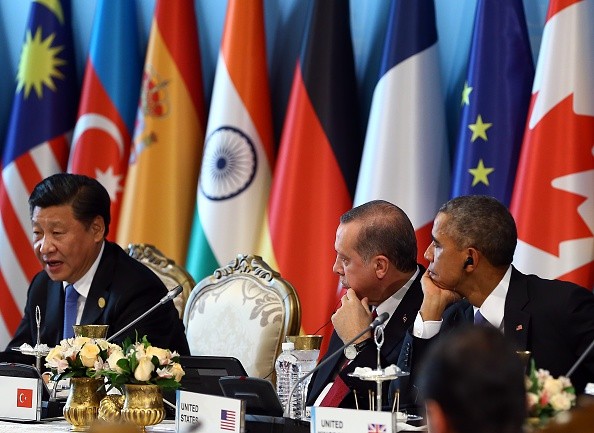As US presidential elections near, China and the United States should be working on to complete their bilateral investment treaty to avoid any kind of political intervention, said former commerce minister Chen Deming on Wednesday.
In the annual Boao Forum for Asia in Boao, Hainan Province, Deming confirmed that both countries have completed their text negotiations on the bilateral investment treaty and were working together to reduce limits on foreign investment before going further into talks with regard to market access.
The news comes immediately after U.S. Republican presidential frontrunner Donald Trump promised to introduce tariffs and trade duties on Chinese products to "level the playing field."
According to China Daily, Ruben Jeffrey, the president of Rockefeller and Co., believes that confirming the treaty would be a catalyst for companies in both of the countries to carry out their businesses freely in each other's market in the long run.
Jeffrey added that it would be more beneficial than investing as joint ventures with the help of local partners, and be flexible in terms of controlling and making investment decisions.
Going by data from the Ministry of Commerce, U.S. companies had invested nearly $77.5 billion in China, and China had invested $46.6 billion in the U.S. by the end of 2015. Bilateral investment increased by 0.6 percent year-on-year, reaching $558.39 billion last year.
Merit Janow, dean of the School of Management and Public Affairs at Columbia University, said that the bilateral investment would prompt both countries to cut investment barriers and increase transparency level. She further said that it would protect Chinese and U.S. investors in each other's markets in a better way.
"Reinforcing the relationship between China and the U.S. will be more challenging and even more important now as the presidential election campaign creates a tendency among leaders running for office to blame U.S. economic problems on other countries," said Yao Zhizhong, deputy director of the Beijing-based Institute of World Economics and Politics at the Chinese Academy of Social Sciences, as quoted by China Daily.



























